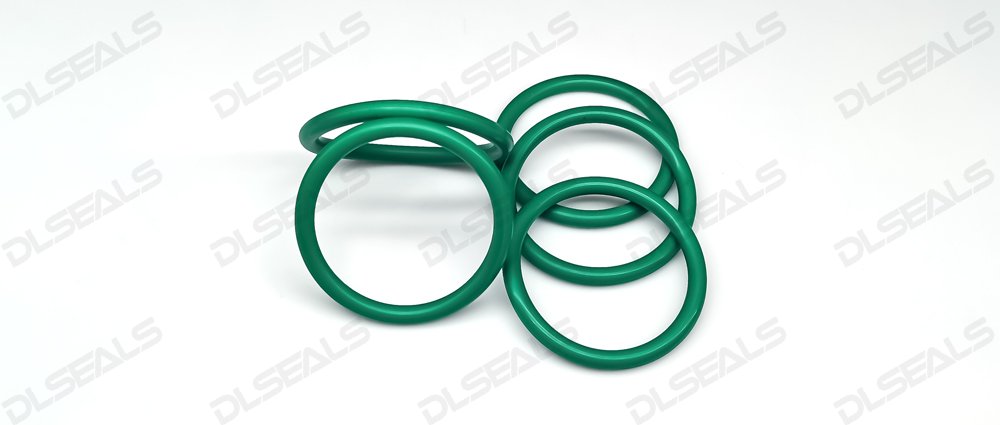Seals play a crucial role in ensuring the reliability and performance of various types of equipment across industries. The design of seals directly affects their ability to prevent leakage, withstand pressure, and endure harsh operating conditions. In this article, we will explore the significance of seal design in maintaining equipment reliability and performance.
1. Leakage Prevention:
Effective seal design is paramount in preventing leakage, which can lead to equipment malfunction, product contamination, and safety hazards. Seals must be designed with precision to ensure proper alignment and contact pressure, minimizing the chances of fluid or gas leakage.
2. Pressure Resistance:
Seals operate in environments where they are subjected to varying levels of pressure. Whether it’s hydraulic systems, pipelines, or industrial machinery, seals must withstand the pressure exerted upon them without deforming or failing. The design of seals, including their material composition and cross-sectional shape, significantly influences their ability to maintain pressure integrity.
3. Endurance in Harsh Conditions:
Many industrial applications expose seals to extreme temperatures, corrosive chemicals, and abrasive substances. A well-designed seal should be able to endure such harsh conditions without deteriorating or losing its sealing properties over time. Factors such as material selection, surface finish, and lubrication mechanisms all contribute to the durability of seals in challenging environments.
4. Friction and Wear Reduction:
Seal design can also impact the friction and wear experienced by moving parts within equipment. Properly designed seals can minimize frictional resistance, reducing energy consumption and extending the lifespan of components. Additionally, seals with anti-wear features, such as specialized coatings or reinforced edges, can withstand prolonged use without succumbing to wear and tear.
5. Customization for Specific Applications:
Different industries and applications have unique requirements for seals. A seal that performs exceptionally well in one environment may not be suitable for another. Therefore, seal design often involves customization to meet the specific demands of each application, taking into account factors such as temperature range, pressure levels, chemical exposure, and operational parameters.
In conclusion, seal design plays a critical role in determining the reliability and performance of equipment across various industries. By optimizing seal design to meet the specific needs of each application, manufacturers can enhance equipment efficiency, reduce maintenance costs, and improve overall operational reliability. Investing in well-designed seals is essential for ensuring the long-term success and productivity of industrial equipment.
Post time: Apr-02-2024

